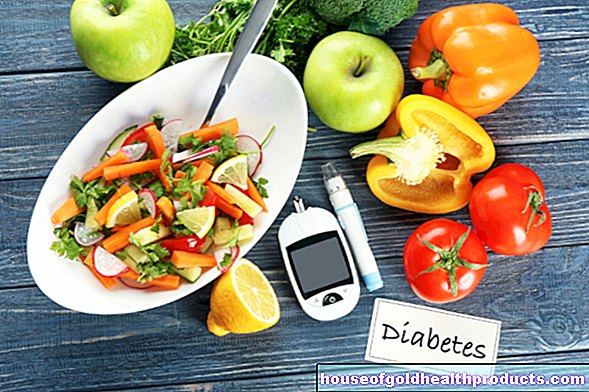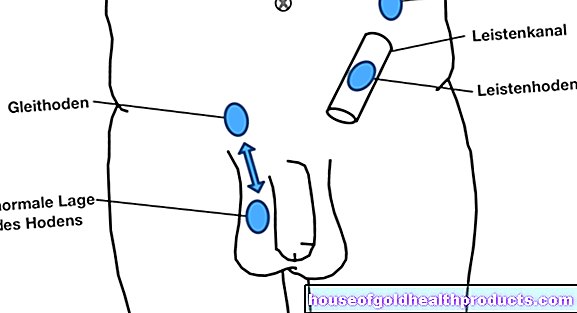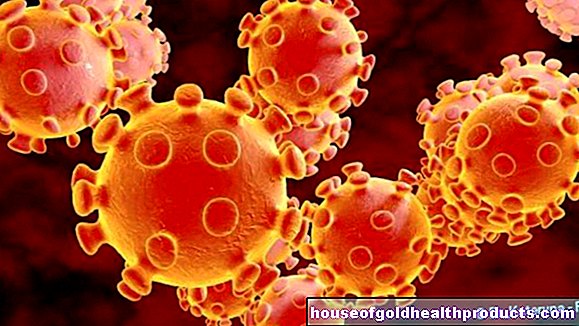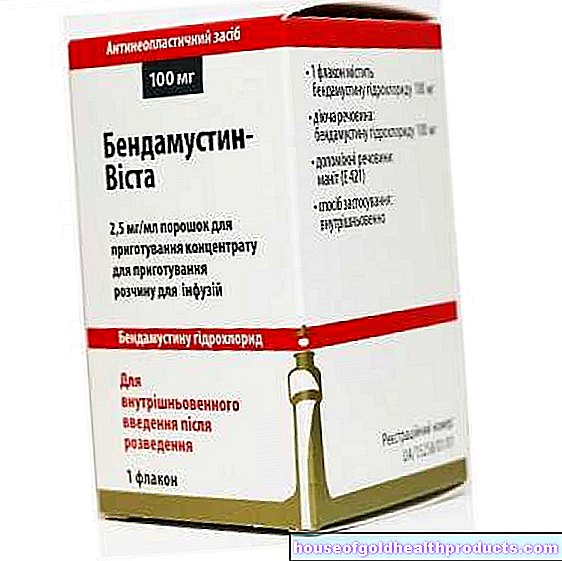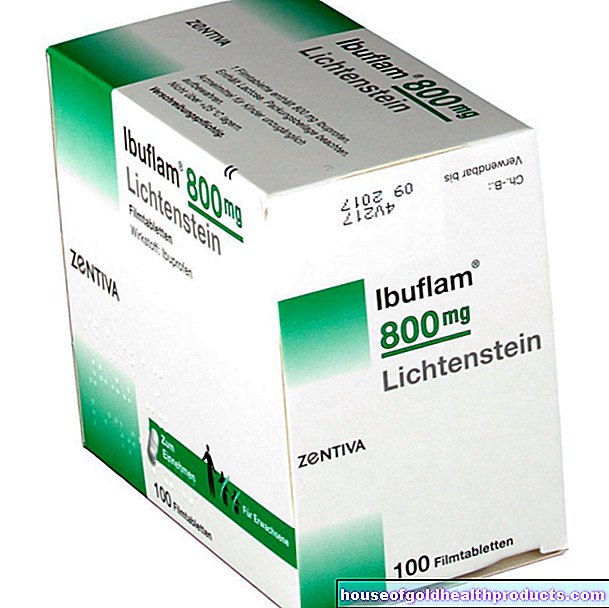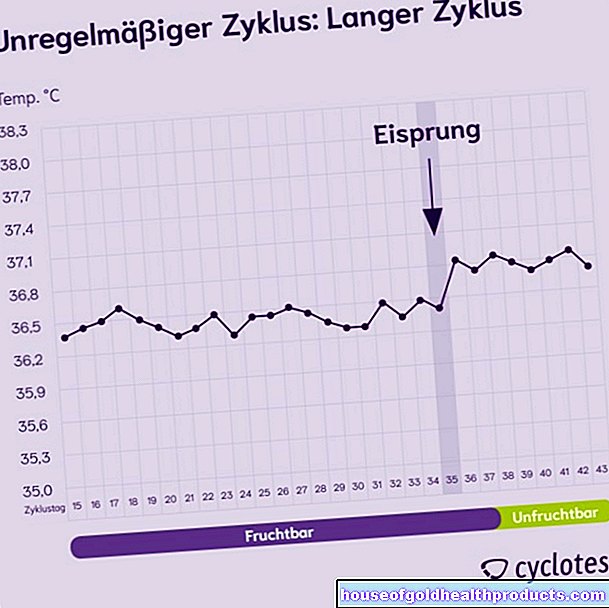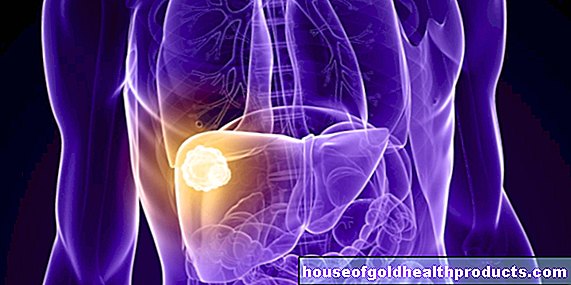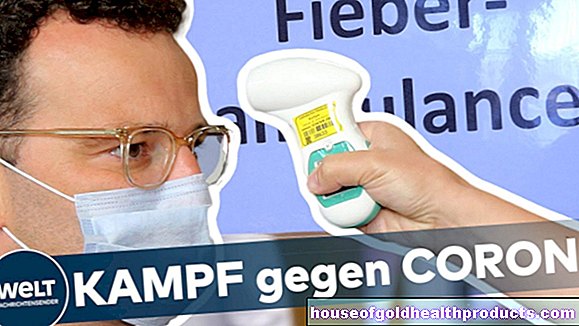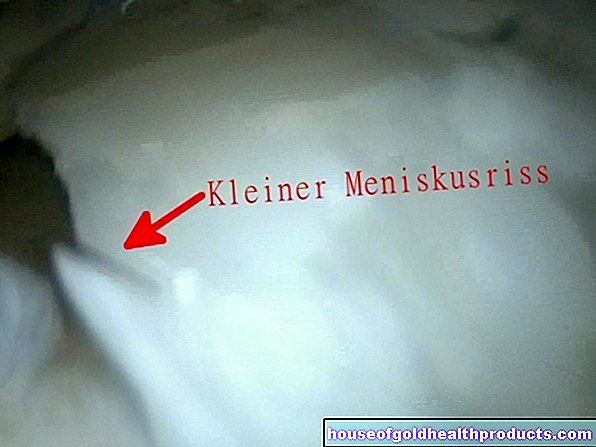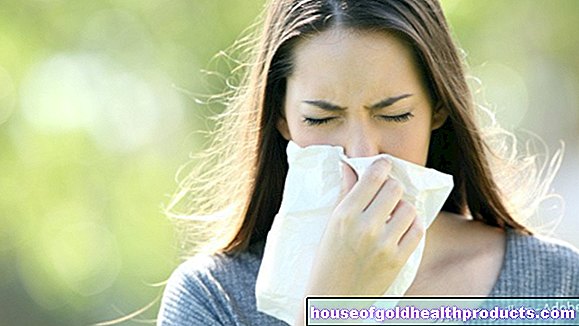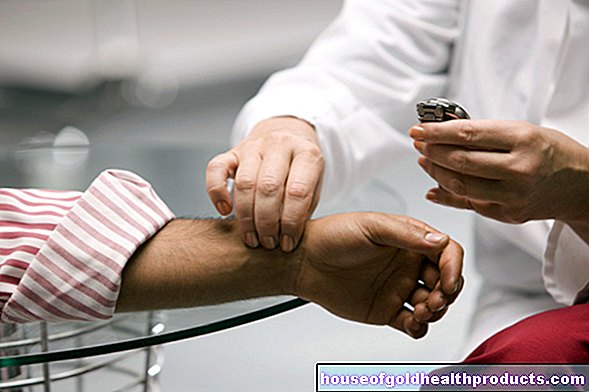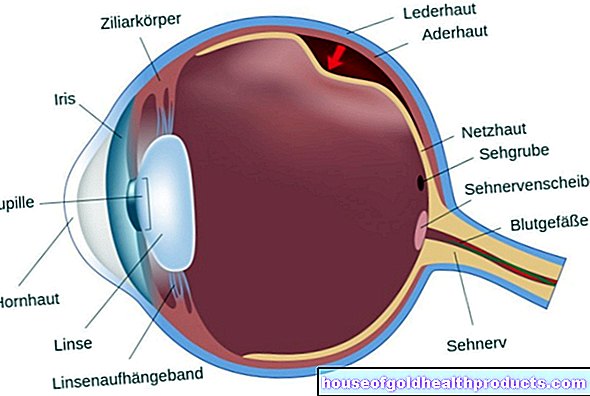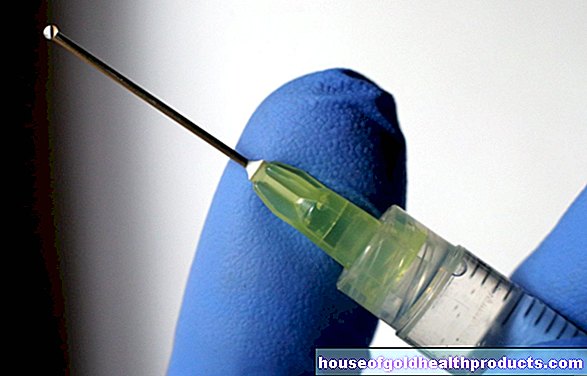Coronavirus: Gloves offer little protection
Carola Felchner is a freelance writer in the medical department and a certified training and nutrition advisor. She worked for various specialist magazines and online portals before becoming a freelance journalist in 2015. Before starting her internship, she studied translation and interpreting in Kempten and Munich.
More about the experts All content is checked by medical journalists.If you wear gloves, you don't have to fear coronaviruses on shopping trolleys or doorknobs? That is only partly true. The protection provided by commercially available disposable gloves is limited.
Disposable gloves made of latex or nitrile rubber hardly protect their wearers from infection with the Sars-CoV2 coronavirus. Such a glove is not one hundred percent tight and also absorbs everything you touch - for example from door handles or shopping carts, says Prof. Janne Vehreschild from the board of directors of the German Society for Infectious Diseases (DGI). "It hardly offers any advantage."
Barrier only for a very short time
What you should definitely avoid: wearing the gloves for a long time - for example when going for a walk. From a hygienic point of view, this is actually rather bad, according to the doctor. The skin has a bacterial flora with protective properties and can thus to a certain extent disinfect itself. On the other hand, everything sticks to a glove, explains Vehreschild. "In addition, you sweat a lot under the glove and that is not good for the skin flora in the long run."
However, disposable gloves are not completely useless. Namely, "if you put gloves in your trouser pocket, for example just to put them on when shopping and throw them away after stowing the groceries and taking the shopping cart away," says Vehreschild. This may reduce the risk of infection a bit. But you can also disinfect the handle of the car beforehand and clean your hands immediately after shopping.
Wash your hands and do not touch your face
Vehreschild explains: "The virus does not get into the body through the palms of the hands, but through mucous membranes, for example when you touch your nose or mouth." In this respect, the most important advice is actually not to put your hand to your nose, mouth or eyes when you are outside or when shopping.
Experts, including the Robert Koch Institute (RKI), see good hand hygiene as an important part of protection against infection. The number of germs on the hands can be extremely reduced by extensive hand washing of at least 20 seconds, according to the Infektionsschutz.de portal, which is operated by the Federal Center for Health Education (BZgA). The coronavirus is particularly sensitive to soap because it dissolves its fatty capsule. (caf / dpa)
Tags: hospital organ systems skin care

